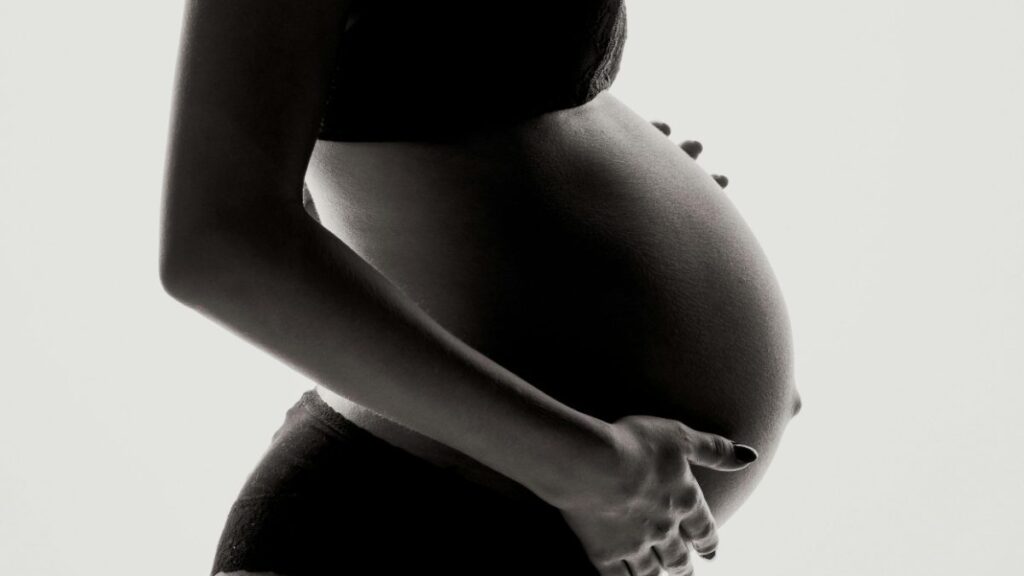Fourteen hospital trusts across England are set to be investigated as part of a national inquiry into failures within maternity and neonatal services. The review, led by Baroness Amos, aims to uncover systemic shortcomings, hear directly from affected families, and drive urgent improvements in the quality of maternity care.
The investigation will place bereaved families at the heart of its process, ensuring their experiences shape recommendations for safer services. Particular focus will be given to inequalities faced by Black and Asian women, as well as families from marginalised communities, who have often been overlooked in past reviews.
Originally announced to cover 10 trusts, the scope has been expanded to 14, reflecting the scale of concern. Among those under scrutiny is Oxford University Hospitals Trust, where hundreds of families have reported harm. Campaign groups representing parents have long raised alarm over cases of stillbirth, babies born with brain injuries, and women suffering long-term physical and psychological trauma due to alleged negligence. Families have described the care they received as “shockingly poor” and expressed relief that long-ignored complaints are finally being investigated.
However, some campaigners have cautioned that the review may not fully address the depth of the crisis. Bereaved families in Leeds warned that unless cultural issues on the frontline are examined, alongside leadership failures that enable poor practices, the investigation risks falling short of meaningful change.
Professional bodies have also urged urgency. Midwifery leaders stressed the importance of moving quickly, both to provide answers for families who have suffered unimaginable loss and to deliver long-awaited support for stretched maternity staff. They argue that staff have been working in increasingly pressured environments, where resource shortages, understaffing, and a culture of defensiveness have put mothers and babies at risk.
The national inquiry comes amid growing concern that harm within maternity services has become normalised, with whistleblowers highlighting a “toxic culture” of cover-ups. By centring the voices of mothers, fathers, and non-birthing partners, the review seeks not only to hold institutions accountable but also to ensure future maternity care is safer, more compassionate, and free from systemic inequalities.
The outcome of this investigation is expected to have wide-reaching implications, potentially shaping reforms across the NHS to restore trust, address cultural failings, and safeguard future generations.

